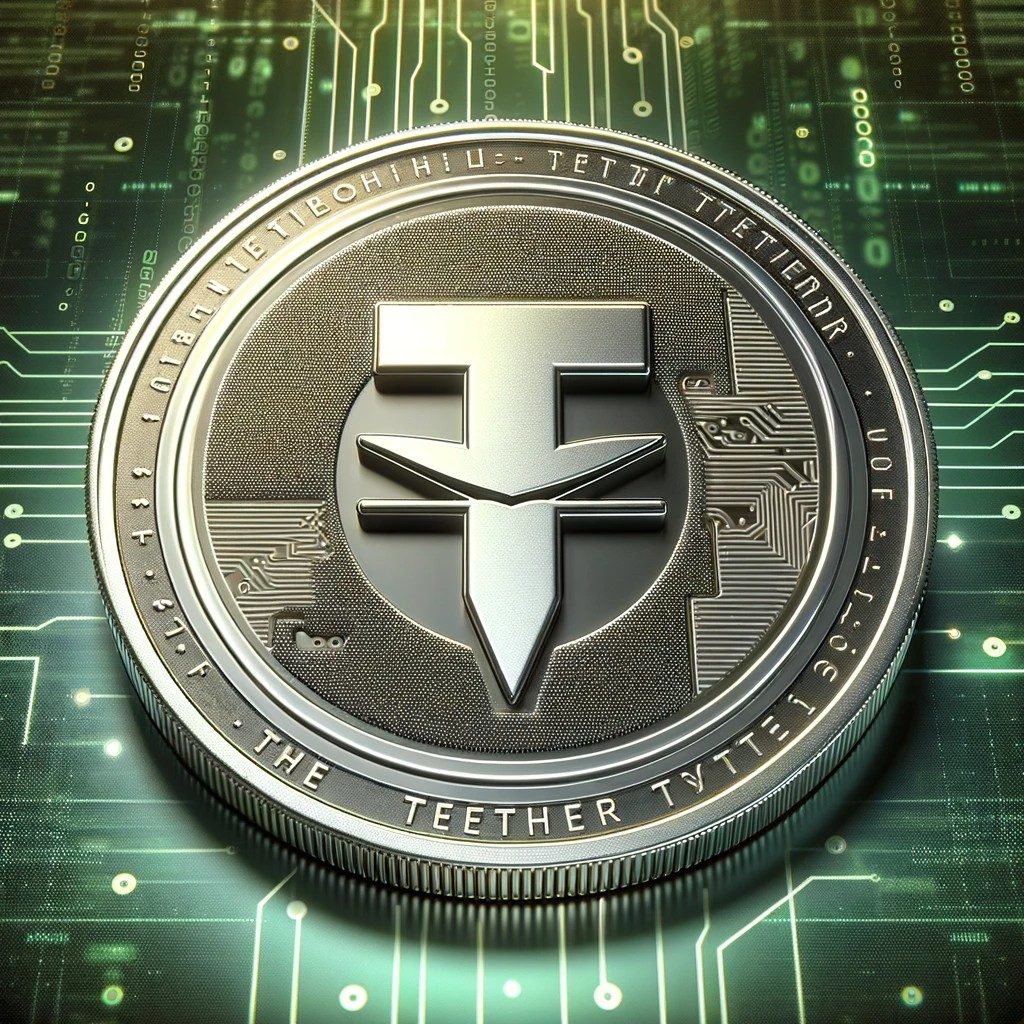The Federal Reserve Bank of San Francisco has made headlines with its recent job posting for a crypto architect to work on a Central Bank Digital Currency (CBDC) project. This move comes amidst the ongoing debate surrounding the potential introduction of a digital version of the U.S. dollar. As the Fed seeks to explore the benefits and costs of this emerging technology, it has formed a team of crypto developers to research and develop CBDC systems.
However, the recruitment efforts have raised eyebrows, as they appear to contradict the Federal Reserve Board of Governors’ public stance on CBDC issuance. The upcoming presidential election has also intensified the discourse on the matter, with some candidates pledging to ban CBDCs if elected to the highest office.
San Francisco Federal Reserve’s Pursuit of a Crypto Architect
In an interesting development, the Federal Reserve Bank of San Francisco has posted a job opening for a crypto architect to join its team responsible for researching and developing a Central Bank Digital Currency. The full-time and hybrid position offers an annual salary of $134,900 and requires candidates with expertise in distributed systems implementation, cryptographic protocols, consensus algorithms, and security. The aim of this move, according to the job posting, is to deepen the Fed’s understanding of the potential technologies for CBDC and their associated costs and benefits. The position has been open for more than 30 days, indicating the seriousness of the Fed’s intentions in pursuing this project.
Federal Reserve Board of Governors’ CBDC Stance
Despite the San Francisco Federal Reserve’s active recruitment efforts in the crypto field, the Federal Reserve Board of Governors’ official stance on CBDCs remains cautious. In a tweet on July 19, the central bank clarified that it had not yet made a decision on issuing a CBDC and emphasized that any potential move in this direction would require an authorizing law. This seemingly contradictory situation between the regional Federal Reserve bank and the Board of Governors raises questions about the coordination and communication within the Federal Reserve System regarding the CBDC initiative.
The CBDC Controversy and Presidential Election Implications
The possibility of introducing a Central Bank Digital Currency in the United States has sparked intense controversy and emerged as a significant topic of discussion in the upcoming presidential election. Critics of CBDCs argue that such a system threatens citizens’ privacy and could potentially lead to excessive governmental control over financial transactions. On the other hand, supporters view it as a transformative application of blockchain technology, offering efficiency, security, and global interoperability.
One prominent figure in the election race, Florida Governor Ron DeSantis, has publicly vowed to ban CBDCs if he becomes President. At the Family Leadership Summit in Iowa, he unequivocally declared that, if elected, he would halt any plans for a central bank digital currency in the United States. This strong stance reflects the polarizing nature of the CBDC debate and illustrates how the issue has become a litmus test for candidates seeking to address concerns about individual freedoms and government overreach.
Conclusion
The Federal Reserve Bank of San Francisco’s recruitment efforts for a crypto architect to work on a CBDC project have brought the topic of a digital U.S. dollar to the forefront of public attention. As the Fed explores the potential benefits and challenges of this emerging technology, the Board of Governors maintains a more cautious stance on the matter. The ongoing debate surrounding CBDCs reflects broader discussions on privacy, financial autonomy, and the application of blockchain technology on a global scale. With the presidential election approaching, the CBDC controversy is expected to remain a prominent issue, further shaping the discourse on the future of digital currencies in the United States.




